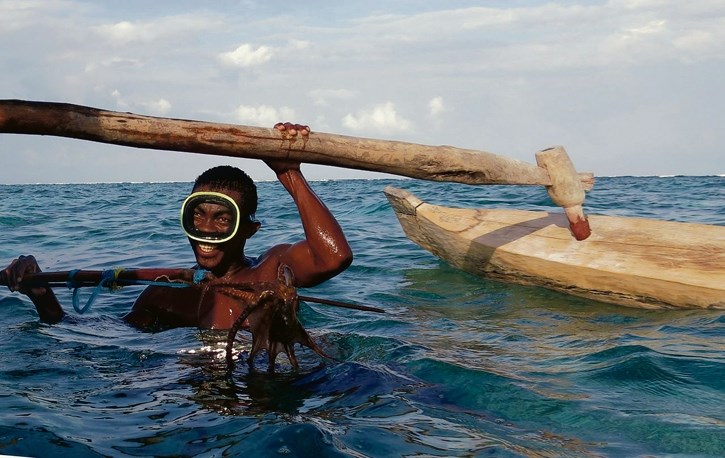The best way to fathom a culture and new land is to entrench yourself in the community in every single facet. This is exactly what Navarana Smith did through her recent travels to East Africa.
An undergraduate at the University of Victoria, Smith is going into her third year of biology/environmental studies, and just participated in the Canadian Field Studies Program offered through the World Wildlife Fund (WWF) in East Africa’s Madagascar.
“In January I was at the field school in East Africa – Kenya, Uganda, Tanzania, through McGill – and I was very lucky to be a part of that and to be able to stay on and having this internship was definitely not part of the plan,” Smith said on being offered an opportunity to visit and work for three months in Madagascar starting at the end of March.
Smith spent the first couple of weeks taking language courses in Madagascar’s capital, Antananarivo. “I was able to meet some of the other interns and be at the WWF office where there is some incredible staff. Then I travelled overland to the south and what a difference that is, with it being very lush in Madagascar; it’s such a difference from rice paddies and not even water to drink,” Smith said.
According to the World Bank, “Madagascar is among the poorest countries in the world. As a result, 86 per cent of the poor and 88 per cent of the extremely poor live in rural areas.”
Smith spent two months based in one community where she took part in looking at local development and conservational needs.
“WWF has this really neat program in Madagascar where they have four waves of interns going out into two different areas and communities they’re working in for the evaluation of the projects and continuation, but also improvement as well,” Smith said.
“I was in Beheloka, a really neat community where a couple of people spoke French (Smith is bilingual). Up until that point, everything was in French with authorities and the mayor.”
Smith worked on the local language of Malagasy, took part in meetings, teaching and presentations and worked on goals that she explained in five categories. “One was desalination ... it’s a big challenge with a lot of work allotted to digging in the sand to get access to water,” Smith said.
Her second category involved marine conservation and the challenges faced in the area through overfishing. Health and hygiene were her third category. “The fourth was alternative livelihoods and that’s something that’s been a threat everywhere. How do you turn to something new?” Smith said on the need for people to find new ways to live self-sustaining lives in one of the poorest countries in the world.
“The fifth category was eco-tourism and it was a challenging one as to what is it going to do and what is it going to change and is there a market because there are so many other places calling out to tourists?” she said.
WWF, through its youth volunteer program Explore!, has contributed to the development of young ambassadors for conservation.
Launched in 2005 by WWF International, Madagascar has hosted over 100 volunteers since 2006. Explore! regularly gathers groups of six young volunteers from around the world for a three-month placement in field projects. Volunteers are given the chance to experience first-hand the life of remote rural populations while contributing to frontline conservation and associated social-development programs.
Join Smith for a slideshow at the Canmore Library’s Friends Program Room on Tuesday (Aug. 26), at 7 p.m., where she will share her experience with the World Wildlife Fund. The talk will document a small fishing village in the southwest of Madagascar, and the region’s landscapes, fauna and culture.
Visit, www.wwf.mg/?226311/What-is-lost-what-is-gained, to read a journal entry written by Smith during her time in Madagascar.




